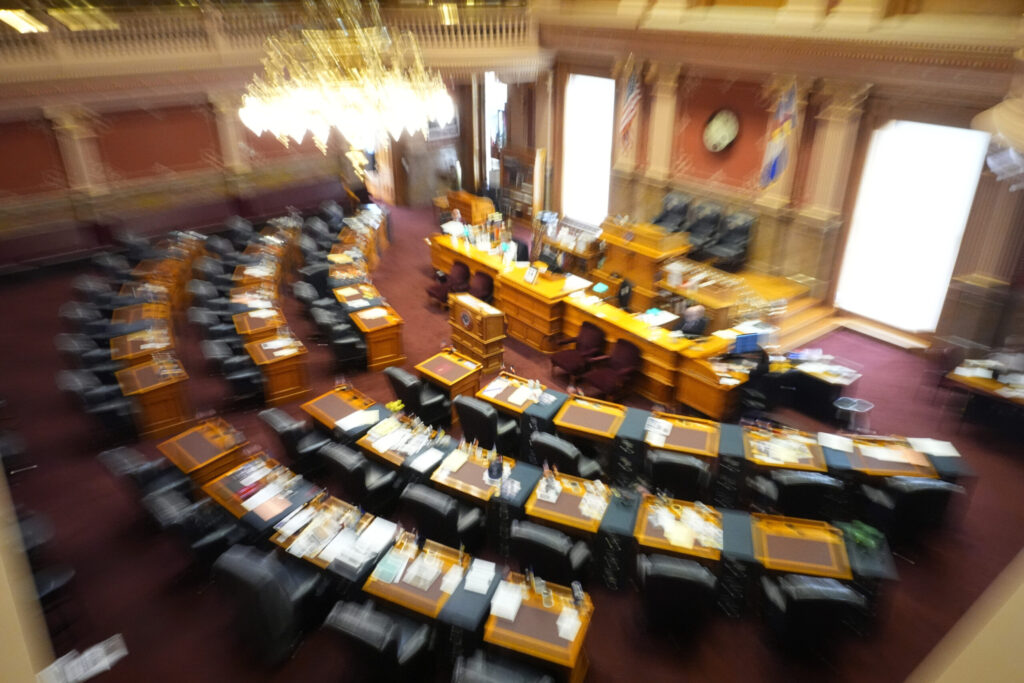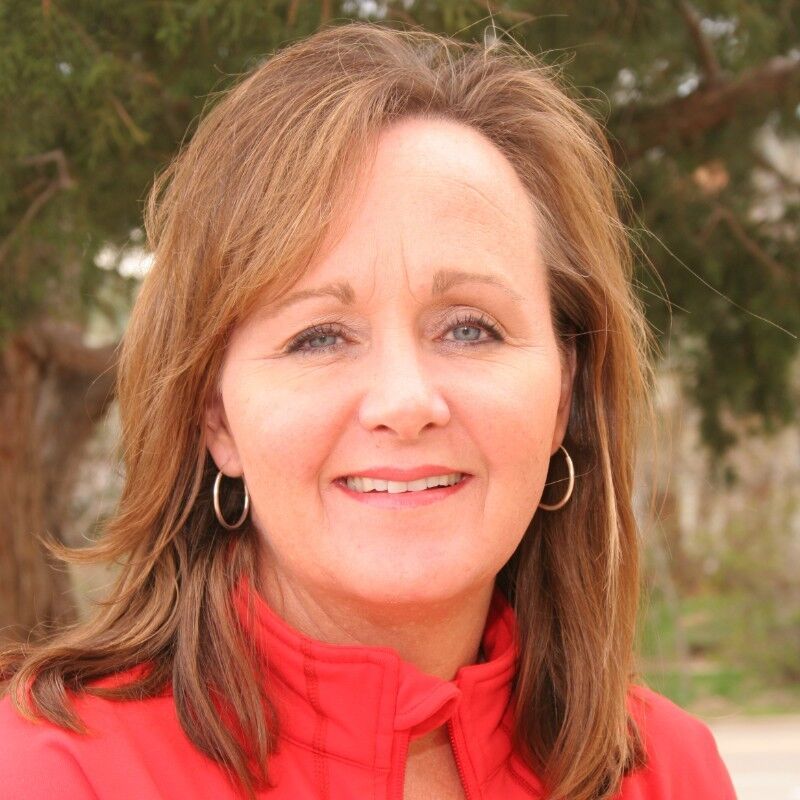Colorado allocates $7.5M for food assistance program for women and children amid federal shutdown

The federal government shutdown prompted the Colorado General Assembly’s budget writers to take action on Tuesday, allocating additional funds to the Women, Infants & Children (WIC) food program.
The state portion of the federal program falls under the Department of Public Health and Environment. Last week, the department requested an emergency funding addition of $7.5 million in general funds to cover October’s expenses for the WIC program in the event of a federal government shutdown.
Part of the U.S. Department of Agriculture, the WIC program is a special supplemental nutrition program for low-income pregnant women, those who have recently given birth, breastfeeding mothers, and infants and children under the age of 5.
Colorado’s share of the program in 2025-26 is about $88 million.
Joint Budget Committee staff recommended against funding the $7.5 million request, as it did not meet the criteria for a supplemental, which is for “unforeseen circumstances.”
The problem? The federal government had not shut down, so technically, the department didn’t need the money yet.
The governor’s office pledged to use those dollars only if the shutdown happened – and if the WIC dollars were not available.
The committee revisited the issue on Tuesday. At the time, the federal shutdown had not yet become official.
JBC staff stuck to their original recommendation but acknowledged the likelihood that the shutdown would happen – and it did, less than 12 hours later.
The question then was how to approve the funding in a manner that would be legal under both the legislature’s authority and the JBC’s.
JBC staff also raised worries that, if the committee approved the stopgap for WIC, other state agencies might seek funding to cover potential losses under a federal government shutdown.
That’s a door the committee did not want to open.
The answer?
Legislation – and that was the subject of a call over the weekend between Sen. Barbara Kirkmeyer, R-Brighton, and Mark Ferrandino, the director of the governor’s Office of State Planning and Budgeting.
“I don’t want to see a lapse in the funding for food for kids,” Kirkmeyer said.
But the committee is in a kind of Catch-22 situation. It’s possible the shutdown won’t happen, and under that scenario, the department won’t need the money.
However, if a shutdown happened, the JBC needs cover to get the money out the door, she explained. That would require legislation in the 2026 session that would give the JBC the ability to react to the shutdown, instead of going “rogue,” she said.
A second bill would be required to grant the state, in this case, the health department, the authority to spend the money.
The committee ultimately approved both the supplemental and drafting legislation to provide that authority, applicable to both the supplemental and to requests that may arise from future federal shutdowns.
Kirkmeyer noted that it doesn’t mean the committee would approve any request tied to the federal shutdown.
JBC Staff Director Craig Harper noted that state dollars have never covered the WIC program in the past. The request also pointed out that the governor will seek reimbursement for those funds from the federal government.
One issue not addressed by the committee on Tuesday is how the state woud pay for the $7.5 million WIC request, even if it is temporary.
The legislature and governor developed plans to address a $783 million shortfall in the general fund budget for 2025-26. The JBC, and eventually the entire legislature, still has to affirm the governor’s decisions on budget cuts, particularly on the issue of reducing Medicaid provider rates, when the legislature reconvenes in January.













